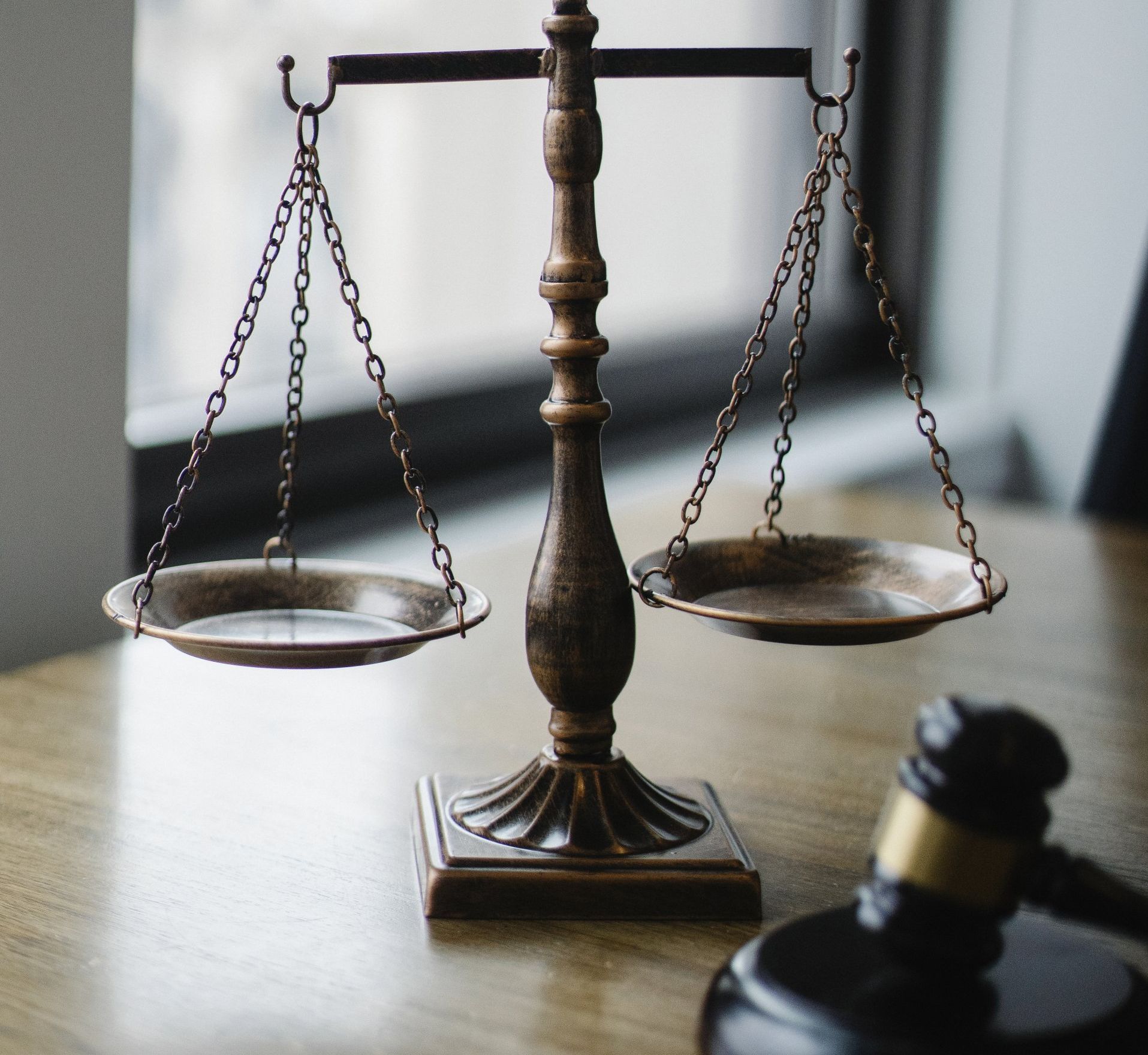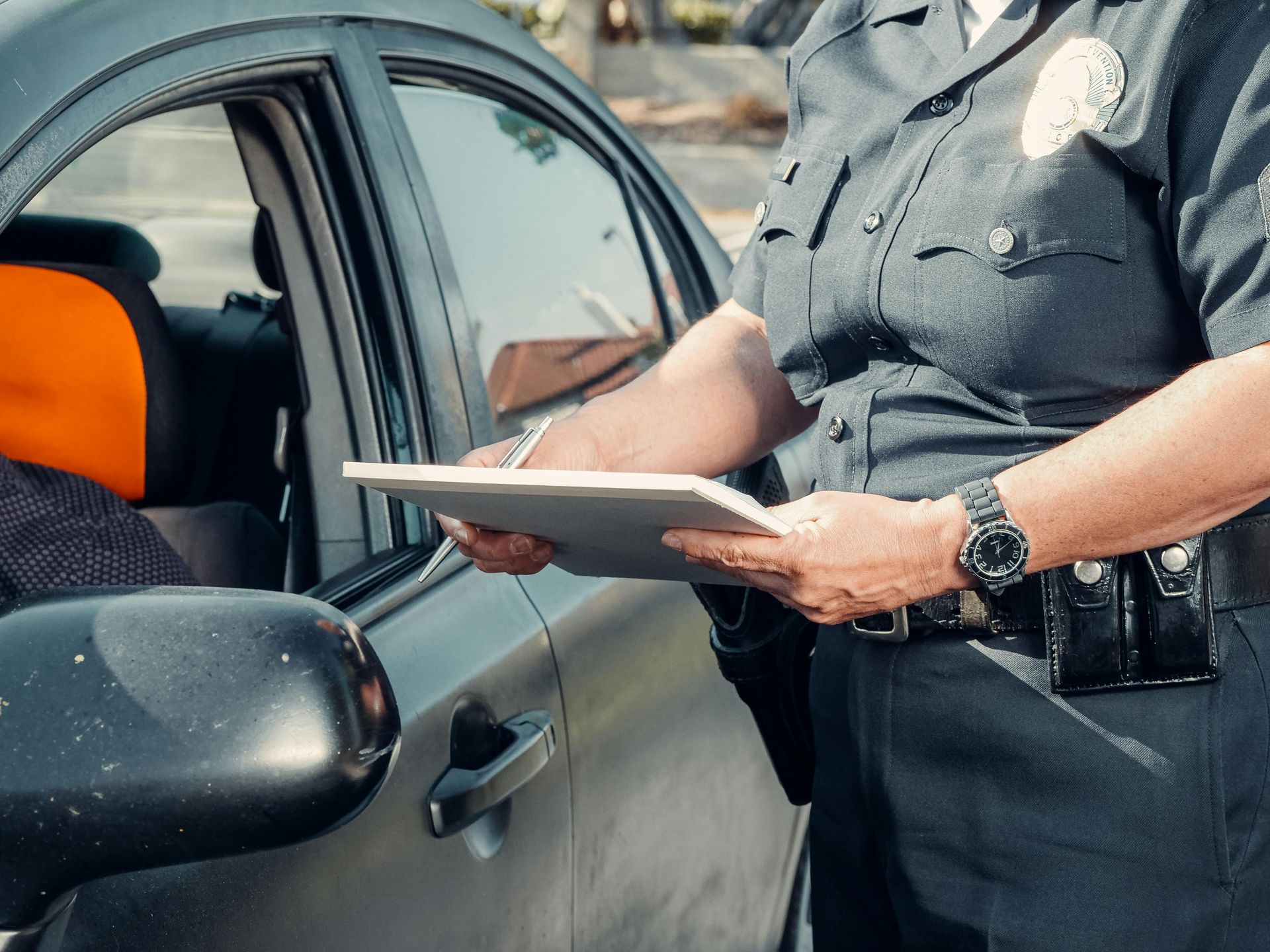Understanding The Role of Evidence in Legal Cases

If you are a fan of courtroom dramas or police shows, you already know that evidence plays a significant role in legal cases. After all, the height of the drama often occurs when a new piece of evidence is uncovered.
However, when you find yourself in a situation where a piece of evidence can alter the course of your life, you look at the concept of evidence more seriously.
Before we continue our discussion of evidence, it’s crucial you understand the difference between evidence for criminal cases vs. civil cases. For a guilty verdict in a criminal trial, the prosecution must prove guilt “beyond a reasonable doubt.” But for a civil defendant to be found liable, the plaintiff must only prove guilt “by a preponderance of the evidence.”
In short, there is a lower threshold to prove culpability in a civil trial than to prove guilt in a criminal trial.
Here’s the legal definition of evidence, the four types, and related terms to know.
What is the legal definition of evidence?
According to Cornell Law School, the definition of evidence is “an item or information proffered to make the existence of a fact more or less probable. Evidence can take the form of testimony, documents, photographs, videos, voice recordings, DNA testing, or other tangible objects.”
Evidence can be used in both civil and criminal proceedings. The Federal Rules of Evidence govern the admissibility of evidence in federal trials. While each state has its own rules of evidence, most state laws are modeled mainly after federal regulations.
Evidence must be obtained legally, such as during a lawful police search. Evidence is sometimes considered inadmissible if it is deemed irrelevant or prejudicial to a case.
Types of Evidence
There are four general types of evidence:
Real evidence includes tangible items, such as a weapon or an article of clothing.
Demonstrative evidence may include a model of what likely happened during the incident.
Documentary evidence refers to a letter, email, or document that includes information about the case.
Finally, testimonial evidence refers to the testimony offered by a relevant witness.
Other Terms Referring to Evidence
If you are a defendant, your attorney may challenge or try to suppress evidence presented by the other attorney. You may also hear pieces of evidence given the following labels.
Circumstantial Evidence: The defendant was seen running from the site of the murder with the murder weapon in his hand.
Corroborating Evidence: You saw a person running from the site of the murder with the murder weapon in his hand, and there is video footage showing the same thing.
Hearsay: Your dad told you that he saw the suspect murder the victim.
Exclusionary Rule: A piece of evidence can’t be used because it was obtained illegally.
Contact Kelly, Symonds, Reed, and Jansen To Learn More About Types of Evidence
People come to Kelly, Symonds, Reed, and Jansen during their most difficult times. If you have a question about evidence used for your court case, reach out to a member of our team. We help those living in the KC Metro with criminal defense, family law, or personal injury cases.










